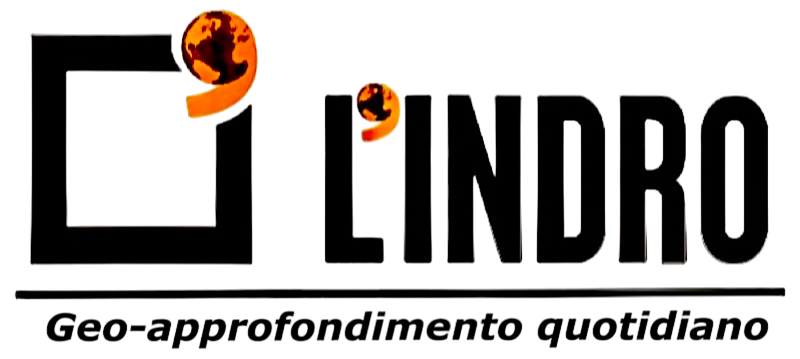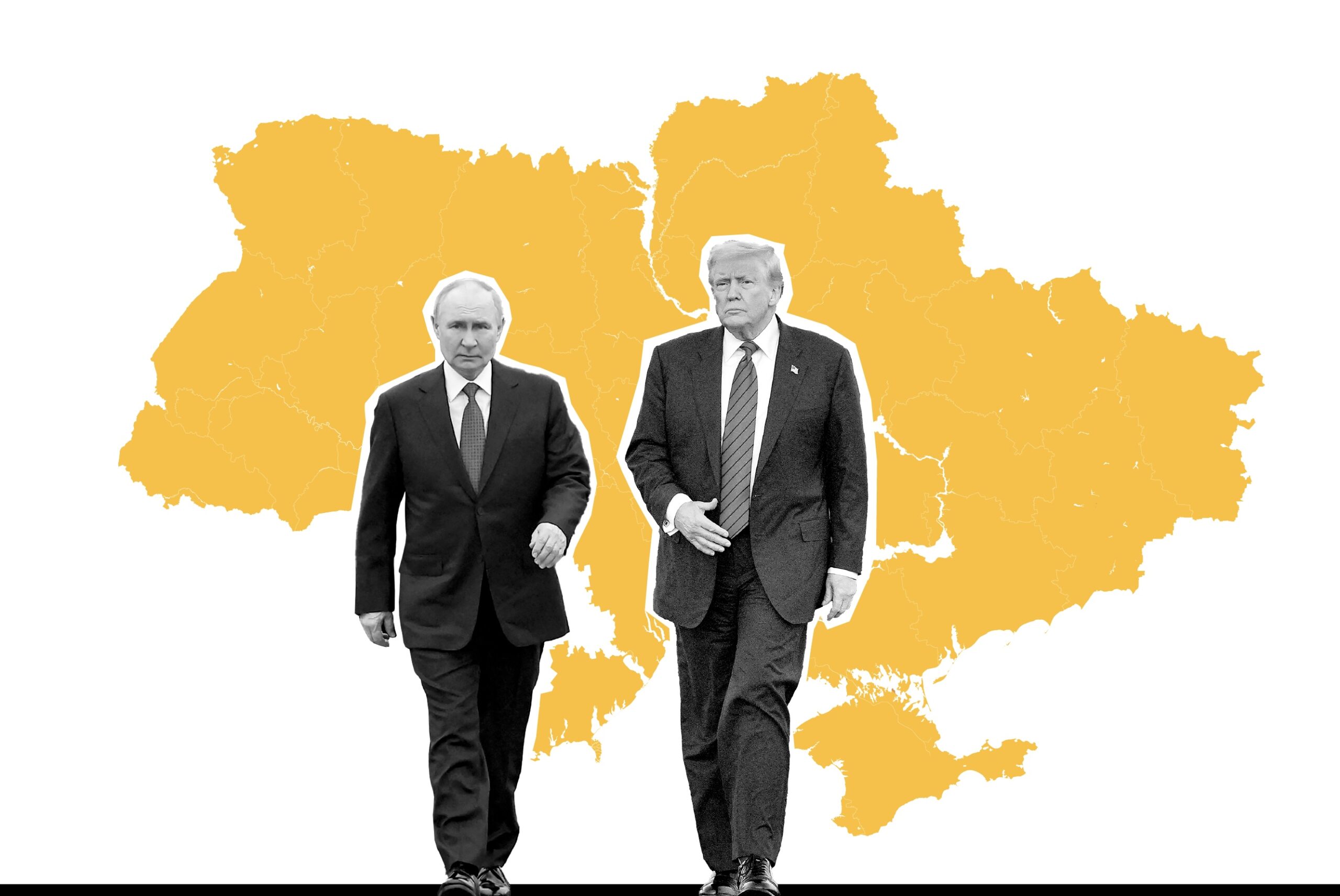War is considered only in terms of land, property and resources. Trump’s main objective is to put his name on a peace agreement, even if that agreement gives Russia the green light to resume its offensive once this first phase is completed
The much-anticipated Alaska Summit between US president Donald J. Trump and Russian president Vladimir Putin was an anti-climax in that nothing of substance was achieved. But the Russian leader has laid the groundwork of what is to follow, and his American counterpart has lost whatever initiative he might have had.
The setting at a military base provided Trump an opportunity to show off American military prowess as a B-2 stealth bomber and four F-35 fighters flew over the head of a bemused Putin. But that proved to be the only suggestion that Putin was in the territory of the world’s largest military power.
The sight of US troops laying out a red carpet for Putin’s arrival, and Trump clapping as the miniscule figure of his counterpart walked toward him was obsequious to a fault. He then gestured for Putin to travel in his own car, even though a Russian driver with another vehicle was waiting.
Further, the two presidents rode in the car without interpreters, raising the question whether Putin’s English has improved over his quarter century in office.
The meeting, which included Russian Foreign Minister Sergey Lavrov and US Secretary of State Marco Rubio, lasted a mere two and a half hours, rather than the 6-7 hours anticipated.
It ended without a formal agreement, and without a ceasefire, which Trump had demanded as the minimal requirement for peace negotiations to begin.
Though the full details are not known, the two leaders appear to have discussed territorial changes, meaning the annexation of Ukrainian lands by Russia. As he had indicated earlier, Trump has accepted the loss of territory without any negotiation, simply as recognition that Russia occupies some or most of them.
Specifically, the loss of Crimea (annexed by Russia in 2014) and the Donbas (Donetsk and Luhansk regions) appears to be a fait accompli. Yet Ukraine has fortified western Donbas cities, such as Slaviansk and Kramatorsk, and defended them resolutely for the past three years.
Nor does there seem to be much debate over the dividing lines of Kherson and Zaporizhzhia regions. At best, Russia will concede that it does not occupy all of them, but it will not withdraw from the parts it already possesses.
The moral aspects of the war as well as the sovereignty of Ukraine, which the United States—and Russia! —recognized in 1994 after the Ukrainians gave up their nuclear weapons have been left aside.
Thus, Russia’s kidnapping and re-educating of Ukrainian children and Russian atrocities in Bucha and rape and sexual violence in Kherson region, verified by the United Nations, have been ignored.
Instead, the war is regarded only in terms of lands, property, and resources. Trump has never considered the integrity of borders or the rights of Ukraine to defend its people from an invader.
And lastly, Zelensky was not invited. Had he attended, he would have destroyed the spectacle of the leaders of two “great powers” arguing over the fate of 30 million people.
But Zelensky will visit Washington this week, and he will be accompanied by major EU leaders as well as the UK Prime Minister Keir Starmer, EU Commission president Ursula Von der Leyen, and NATO Secretary General Mark Rutte. Germany, Italy, France, Finland, Poland, and Canada have been resolute in their support of Ukraine.
Their goal is discerningly simple: to ensure the survival of the Ukrainian state, offer it an expedited path to EU membership, and to ensure Zelensky that Europe will help to rebuild Ukraine once the war is over.
That task is far from easy because Trump’s main goal is to sign his name to a peace agreement, even if that agreement gives Russia a green light to resume its offensive once it has completed this first stage.
The Americans, and some Western analysts, need to recognizesome basic realities.
First, Russia is not winning this war. It has invaded and occupied land but its progress, such as it is, has come at a huge cost. Already, Russian military losses have exceeded those of the decade-long war in Afghanistan in 1978-88. Ukraine has made it impossible for Russia to secure the Black Sea for its navy. Cities like Belgorod and Kursk are regularly attacked by ever more sophisticated drones.
Second, while sanctions may have had a limited impact on the Russian economy, Putin rules a country that is not comparable in national wealth to the United States, China, or most of the countries of the European Union. Measured in GDP per capita, it is not even in the top 40.
Third, Russian economic prosperity, such as it is, is based on the export of petrochemicals. Russia’s war in Ukraine is a contributing factor to the current high energy prices; thus, a long-term peace agreement may be counter to its interests.Stability depends on maintaining the price of oil and gas.
Lastly, we are witnessing two leaders who are intent on leaving a legacy rather than defining a new world. Putin’s popularity requires an image of success, and expansion of territory is one way to maintain his high standing.
For Trump, the goal appears to be very personal, namely the bestowing of a Nobel Peace Prize, something he has mentioned more than once in conversation. Defending Ukraine and its people is far from his priority. If it were possible, Zelensky would not be consulted at all.

